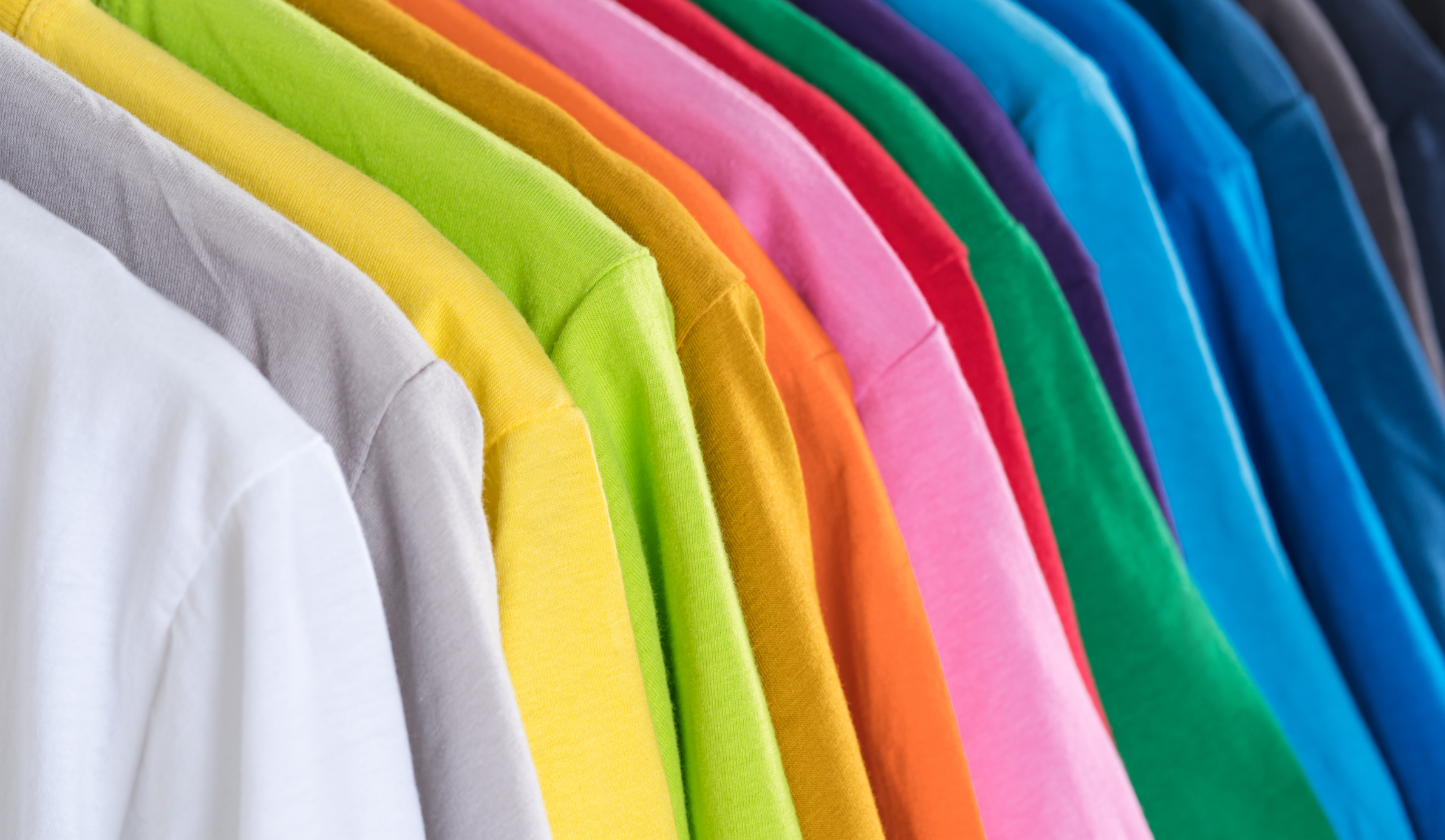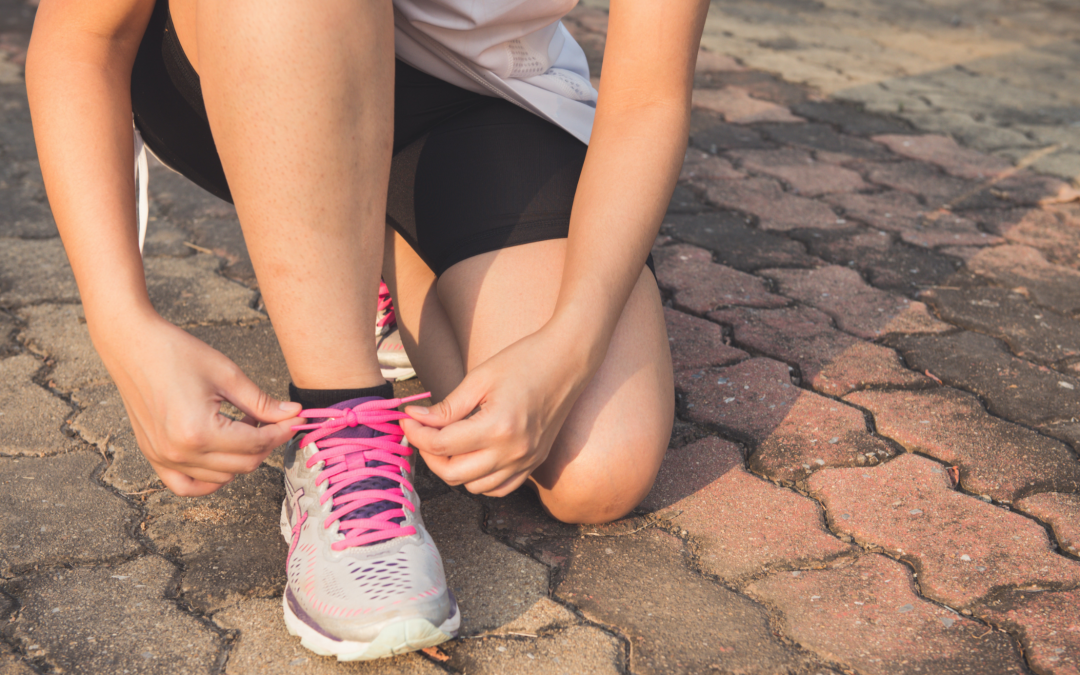Cut from a different cloth

Our client TRAID, the development charity, is on a mission to straighten out the kinks in public misconceptions around textile recycling. But doing so requires something that’s never been done before – nationwide research into what, how and why we donate in the first place.
When was the last time you bundled up your old clothes, jumped in the car or on a bus, and piled them into your neighbourhood clothes recycling bank?
According to our research, not that long ago, since over half of the population now use textile banks at least once a year, and many of us far more than that. We do it because we want to see a better end to our garments than rubbish bags and landfill sites – and we do it because, in some way, we know that we’re doing something good, something ethical, and something that might help our fellow human.
But not so fast. TRAID – the textile reuse charity known for its high street charity shops, and with whom we’ve teamed up to unpack the whys and wherefores of this burgeoning business – warns that clothes recycling isn’t always all it appears to be.
‘The public are donating their unwanted clothing at thousands of charity branded textile banks across the UK, without realising that the majority of the profits go to commercial textile merchants,’ says Leigh McAlea, Head of Communications.
‘TRAID, which donates all of its profits to charity, has consistently called for more transparency around this issue.’
It’s a call that is yet to be truly heard. Even relatively high profile exposés – like the Guardian’s 2011 investigative piece into banks run for the Variety Club by a private company, of which only £4.50 per bank was actually being donated each year – have, as yet, done little to dent the widely held belief that all donations of old clothes to recycling banks = good.
There’s little doubt that a positive social outcome from recycling our clothes is important to the vast majority of us who use these banks, and our research – which will form the basis of a landmark campaign that seeks to influence the way banks are made available to us – reveals that 85% of us want our clothes donations to be used for charitable purposes.
But how to equip the public so that it is able to make the right recycling decisions, and that wish can become a reality?
The watch word – and focal point of our forthcoming report – is transparency.
If clothes banks can be more clear about what happens to proceeds, and councils can be encouraged to favour charitable banks over those that only appear to be charitable, then we’ll all be in a much better position to feel good about the fact we’re recycling – and to know precisely how our donations are helping causes and their beneficiaries around the world.
As far as TRAID is concerned, it’s something every clothes donor should have the right to expect. And the drive to make all bank providers measure up is one that could redress the balance of charitable and corporate interest at last.
RELATED ARTICLES

Refugee Week: Why refugee organisations cannot walk alone
Refugee Week: Why refugee organisations cannot walk alone. The theme of this year’s Refugee Week is ‘We cannot walk alone’. And as it kicks off today, at arguably the most challenging time for asylum seekers and refugees in UK history, it is particularly pertinent for...

Charity awareness months
Charity awareness monthsIn the past few years we’ve seen an explosion in month-long participation events, which have become a popular vehicle for connecting people with causes. So who is participating?This is one of the Hot Topic surveys that we run through our...